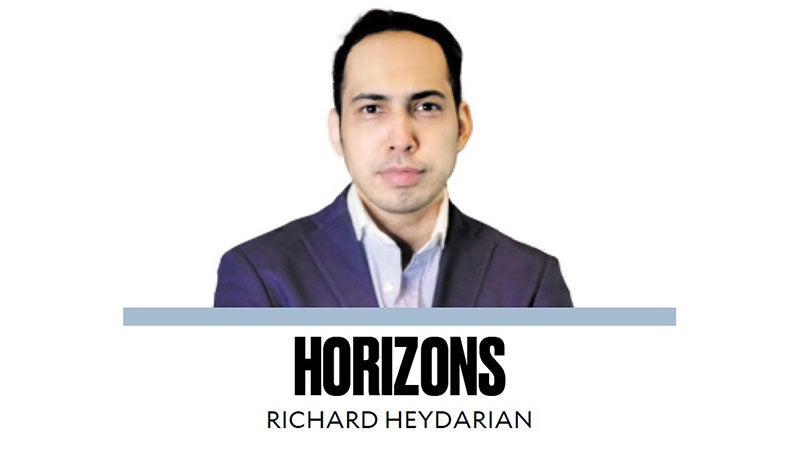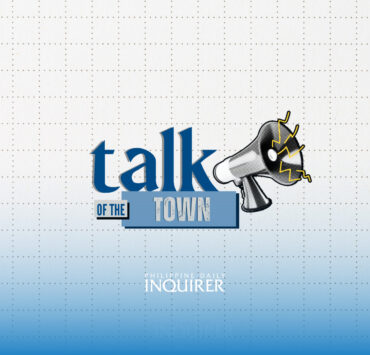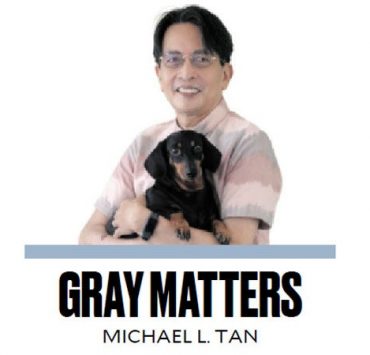50 shades of hedging in the age of Trump

Brussels/Manila—“The last we saw this happening, we sleepwalked towards global recession [and conflict],” a top European Union diplomat said during our panel discussion at a major think tank in Brussels. “The problem with tariffs is that once you impose them, it takes decades to roll them back,” he added, anticipating United States President Donald Trump’s “Liberation Day” blanket tariffs on nearly all nations on earth, including uninhabited islands. Apparently, the penguins on Heard and McDonald Islands were quickly up in arms in response to Trump’s latest hostile action. At the dawn of a beautiful spring, the geopolitical mood in Brussels was gloomy.
Confronting massive tariffs on their key exports, Europeans are exploring retaliatory actions. To be more specific, the so-called “bazooka” option could target the very tech titans and oligarchs who have either aligned with the White House or, as in the case of Elon Musk, are a core element of the second Trump administration. During my discussion with leading experts, especially Germans, it also became clear to me that Europeans were intent on reminding the world that they are a force to reckon with. As a unified bloc, the European Union’s gross domestic product is 10 times that of Russia’s. Germany alone is the world’s third-largest economy, while other European nations, such as France, the United Kingdom, and Italy, are among the world’s 10 largest economies.
In the words of Princeton professor Andrew Moravcsik, Europe has been the “quiet superpower” for decades by primarily providing the software for international security as well as creating one of the most peaceful and prosperous constellations of states on Earth. It may not have the big tech companies or behemoth standing armies of the US or China, but they have been the leading source of grants and development aid to the Global South over the past century.
Europe is also home to leading research centers and laboratories on Earth, including for semiconductors and vaccines. Even militarily speaking, Europeans have been no pushover. “European countries have had 50,000-100,000 troops stationed in combat roles outside of their home countries for most of the past two decades—the bulk of non-American troops in global operations,” Moravcsik argued in his book “Rising States, Rising Institutions” (2010).”
Despite unjustified criticism of Europeans for their failure to do more in Afghanistan, 24 allied countries, 21 of which are European, are engaged in Operation Enduring Freedom and 40 percent of the 1,327 military fatalities to date have been non-American—nearly a third of them European.
In short, Europe has the requisite resources, industrial base, and geopolitical urgency to enhance its strategic autonomy and, eventually, become a full-fledged “shaping power (Gestaltungsmacht) in the 21st century. My basic takeaway from sober-minded European analysts was this: We are not yet there, and finding consensus among 27 nations won’t be easy, but we are getting there. To put it in Kantian “categorical imperative” terms: Europe can, because it must!
“We may not be rowing in the same boat, but we are navigating the same lake,” I told my European counterparts just as US Defense Secretary Pete Hagseth concluded his visit to Manila, where he rolled out the goodies, including the possible deployment of a second Typhon missile system as well as a new squadron of F16 fighters. Just days later, however, we were hit by double-digit tariffs (17 percent) despite our extremely minuscule exports to America compared to our regional peers. If anything, dozens of nations—including uber-wealthy Singapore and Qatar—were slapped with far smaller (10 percent) tariff rates, putting into question our supposedly ”first-in-line” status with Americans, who are yet to sign any form of free trade agreement with their former Asian colony.
“What we are all engaging in is 50 shades of hedging,” I added, partly to spice up the bureaucratic atmospherics in Brussels, and also to underscore how America’s allies from Asia to Europe are actively diversifying their strategic relations in various forms with the shared purpose of reducing their reliance on an increasingly less reliable America. As our Ambassador to Washington Jose “Babe” Romualdez wisely counseled: “It may be some other president in the future. But at the end of the day, each country now has to be ready to be able to beef up its defense, beef up its economic security.”

















